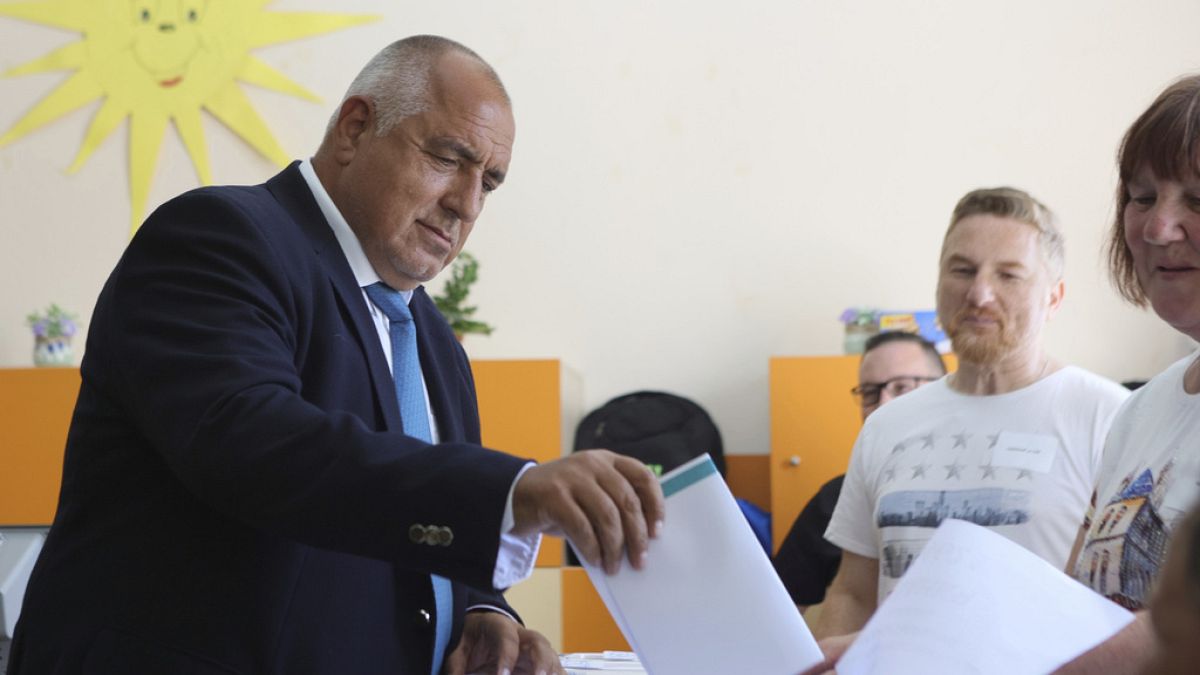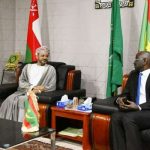Bulgaria recently held its sixth National Assembly vote in three years, which also coincided with the European elections. The voter turnout was low at around 30%, indicating a sense of voter fatigue and frustration with the country’s political situation. The centre-right GERB party, led by former Premier Boyko Borissov, received the most votes at 24.7%, but will still need to forge a coalition to form a government. Borissov himself has excluded himself from being the Prime Minister again in hopes of easing tensions during the negotiations. However, prospects for a stable government remain murky, with experts not ruling out the possibility of another snap election in the future.
The political landscape in Bulgaria is currently marked by a fragmented scene, with various parties vying for power. The pro-Russian far-right Velichie party also gained some support, receiving 4.65% of the vote. Other parties, such as the ethnic Turkish Movement for Rights and Freedoms party and the pro-Western reformist bloc led by the We Continue the Change party, also secured seats in the National Assembly. The ultra-nationalist Vazrazhdane party, which opposes any action against Russia in its war against Ukraine, garnered 13.8% of the vote and is set to send three MEPs to the European Parliament for the first time.
Bulgaria’s political volatility is further exacerbated by the short-lived governments that have been in power since April 2021. With just two governments in power, one of which lasted only seven months, the country has spent most of its time in electoral limbo. High-profile resignations and uncertainty surrounding the formation of a coalition government add to the challenges facing Bulgaria’s political future. The lack of stability and continuity in government hampers the country’s ability to address pressing issues and move forward effectively.
The recent election results highlight the divisions within Bulgarian society and the varied political ideologies present among the electorate. The need for political parties to come together and form a stable government is crucial for addressing the country’s economic and social challenges. The ongoing negotiations to form a coalition government will test the willingness of parties to set aside their differences and work towards a common goal. Building consensus and establishing a clear direction for the country’s future will be essential in restoring faith in the political process and ensuring long-term stability.
Bulgaria’s role in the European Union and its relationships with neighboring countries will also be closely watched in the coming months. The country’s stance on international issues, such as the conflict between Russia and Ukraine, will impact its standing within the EU and its alliances with other member states. As Bulgaria navigates its political landscape and works towards forming a new government, its ability to address both domestic and international challenges will be key to securing a prosperous future for its citizens. The coming weeks and months will be a crucial period for Bulgaria as it strives to overcome its political fragmentation and chart a course towards stability and progress.











